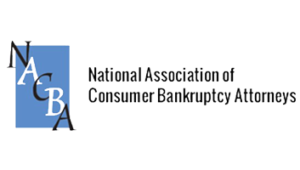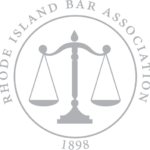10 Benefits of Filing a Chapter 7 Bankruptcy
Filing bankruptcy is a significant decision that can have far-reaching effects. For many struggling with overwhelming debt, a Chapter 7 bankruptcy offers a fresh start and a path to financial stability. As a Rhode Island consumer bankruptcy lawyer, I have witnessed firsthand the transformative impact that Chapter 7 bankruptcy can have on clients’ lives. This […]
Chapter 7 Bankruptcy Filing in Rhode Island: How Long Will It Take?
Chapter 7 Bankruptcy filings take how long to complete in Rhode Island? Let’s pretend you filed a Rhode Island Chapter 7 bankruptcy case today. If you did, your case would come to an end in about 90 days. What happens during that time? Let’s examine a typical Chapter 7 filing in RI: You complete your first […]
Rhode Island Bankruptcy Law: Myths vs Reality
RI bankruptcy laws protect property and restore order to financial chaos. Ignore myths and debt settlement scams and consult a qualified RI bankruptcy lawyer.
RI Bankruptcy Filing: Can’t I Just Keep One Credit Card?
RI Chapter 7 bankruptcy filers must list everyone they owe money to, including all credit cards with a balance and friends or family members.
RI Bankruptcy Law: Discharge vs Debt Cancellation
RI Bankruptcy Law: Understanding the tax difference between bankruptcy discharge and debt cancellation. Discharged debt is not taxable, but cancelled debt is.
RI Bankruptcy Law: Giving To Charity While Bankrupt
RI bankruptcy court won’t interfere with Chapter 7 or Chapter 13 debtor from making charitable contributions unless there is a clear attempt to avoid creditors
Where is the Rhode Island Bankruptcy Court?
Address for RI Bankruptcy Court. The Rhode Island Bankruptcy Court is at 380 Westminster Street in Providence. The 341 meeting of creditors is held in room 620.
RI Bankruptcy Law:Preparing to File a Chapter 7 Bankruptcy
Preparing for a Chapter 7 bankruptcy in Rhode Island? Here is some practical advice to avoid future complications with your bankruptcy case.
RI Bankruptcy Means Test
Since 2005, the bankruptcy “Means Test” has been used to determine who qualifies for Chapter 7 bankruptcy relief here in Rhode Island. It acts as a “gatekeeper”. The Means Test attempts to measure the cost of living in Rhode Island and how your gross income compares to that of other families of the same size. The test […]




